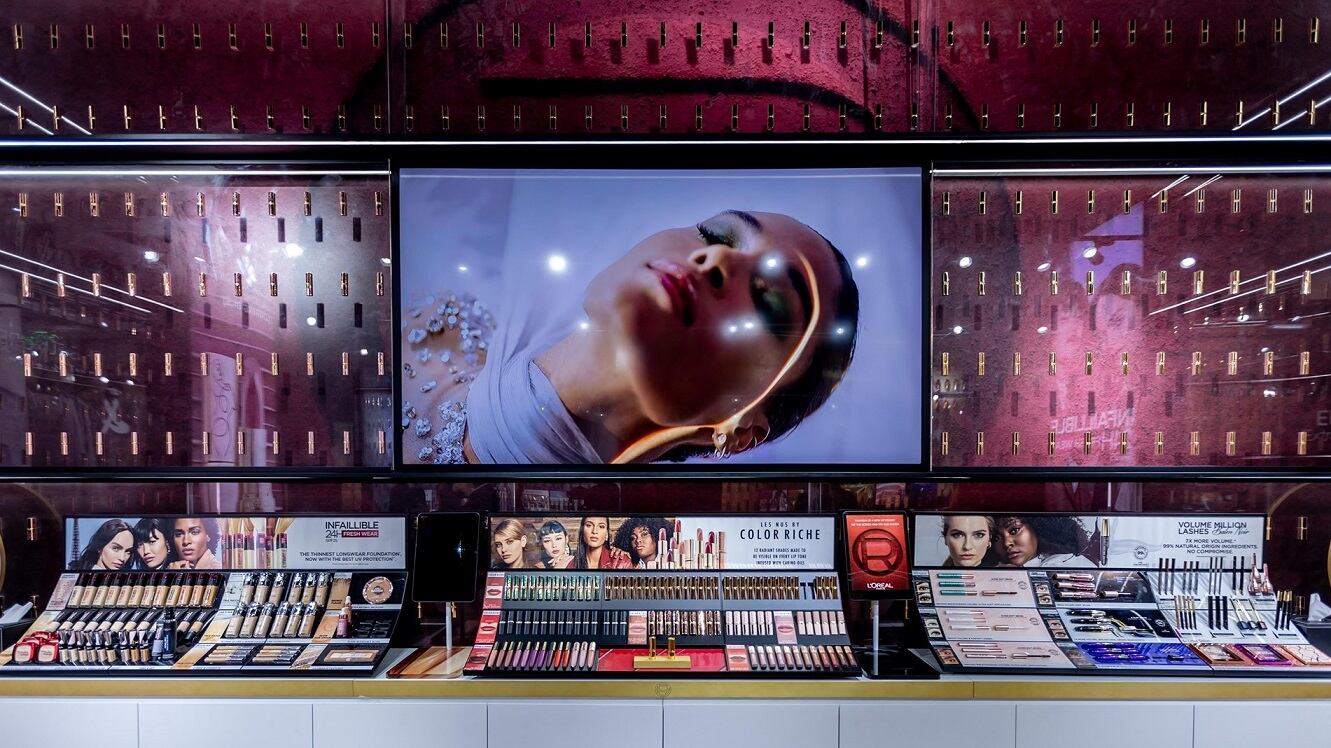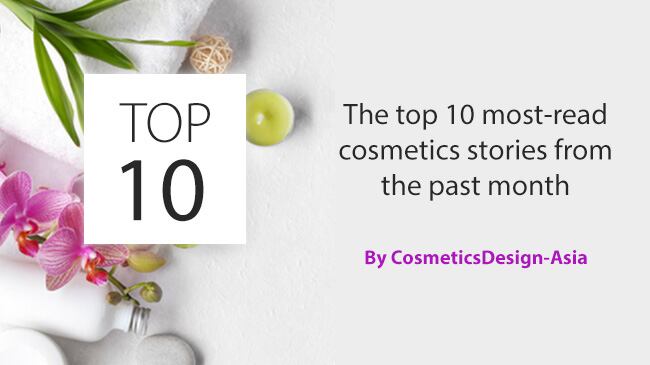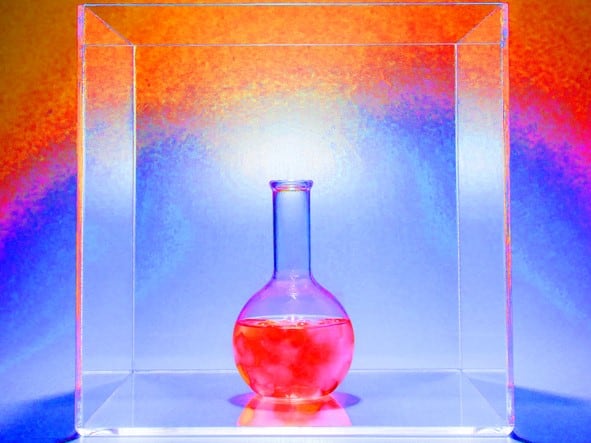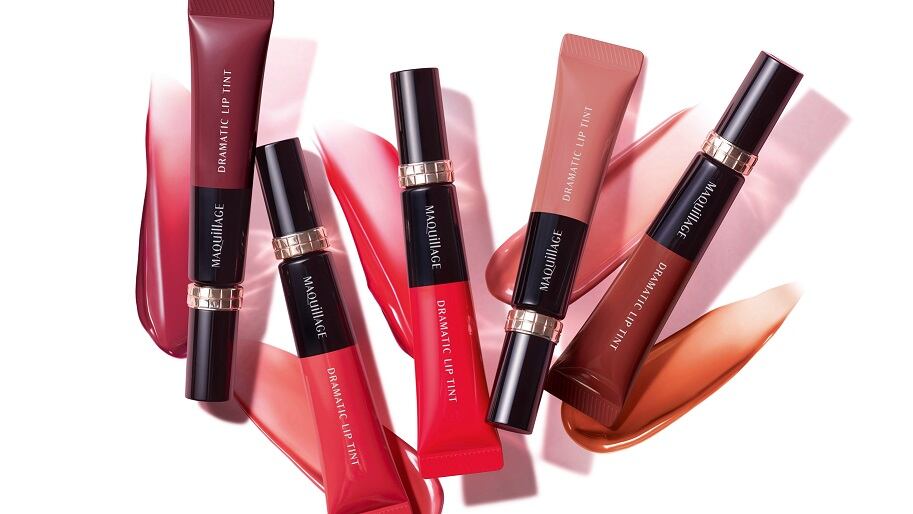Speaking during L’Oréal’s third-quarter sales conference, CEO Nicolas Hieronimus expressed that he was optimistic about beauty’s future in China because of key factors such as the rapid growth of the middle classes.
“The projections in terms of middle classes and upper-middle classes are quite spectacular… Today there are around 860 million middle-class people. There's going to be another 300 million more by 2030 – that's a third more and that's spectacular.”
He referenced Beijing’s ‘common prosperity’ drive and its aim to narrow the widening wealth gap as a positive for the beauty industry.
“There's no reason to be worried about the measures of China… I think the desire of the Chinese authorities to share the wealth to increase the size of middle classes is something that we should benefit from.”
In the third quarter this year, China experienced a turbulent summer that saw a resurgence of COVID-19 cases that led to a lockdown in over 40 cities, store closures, and travel restrictions.
The latter affected travel in Hainan Island and consequently the travel retail channel.
“[Hainan] had a bad Q3 in terms of traffic. Traffic was down, hotel occupancy rates were down. It was not a great summer for Hainan. Then we had Golden Week… the number of shoppers more than doubled. So it seems that the appetite for both travel and shopping beauty remains intact for this part of travel retail in Asia,” said Hieronimus.
However, the slowdown did not stop the beauty giant from achieving double-digit growth in China, with third-quarter sales up 42.8% compared to 2019.
The firm saw growth in all categories, especially hair care and skin care. Selective make-up categories were also observed to be recovering well.
Skin care remains to be the biggest category for L’Oréal in China, especially in the luxury category, where brands like Lancôme and Helena Rubinstein have been performing well in China overall.
Sharing the wealth
L’Oréal is not the only cosmetics firm to have reported remarkable growth in China for the latest quarter.
Pola Orbis reported that total sales in China grew by 56%, with offline sales up 100% year on year despite the COVID-19 disruptions.
The company echoed Hieronimus’ views on wealth distribution policies in China while ensuring its shareholders that it was keeping a close eye on the market.
“We are not aware of any impact on cosmetics at present, such as the redistribution of wealth, but we will carefully monitor the impact on overall consumption. However, we do not have a negative view of the future potential of the Chinese market. It remains a promising market over the medium to long term.”
For Estee Lauder, net sales in China grew double-digits led by skin care and fragrance. Sales also increased by double digits in nearly every channel.
American beauty company Coty reported that despite the mixed backdrop, its sales in China grew close to 50%.





